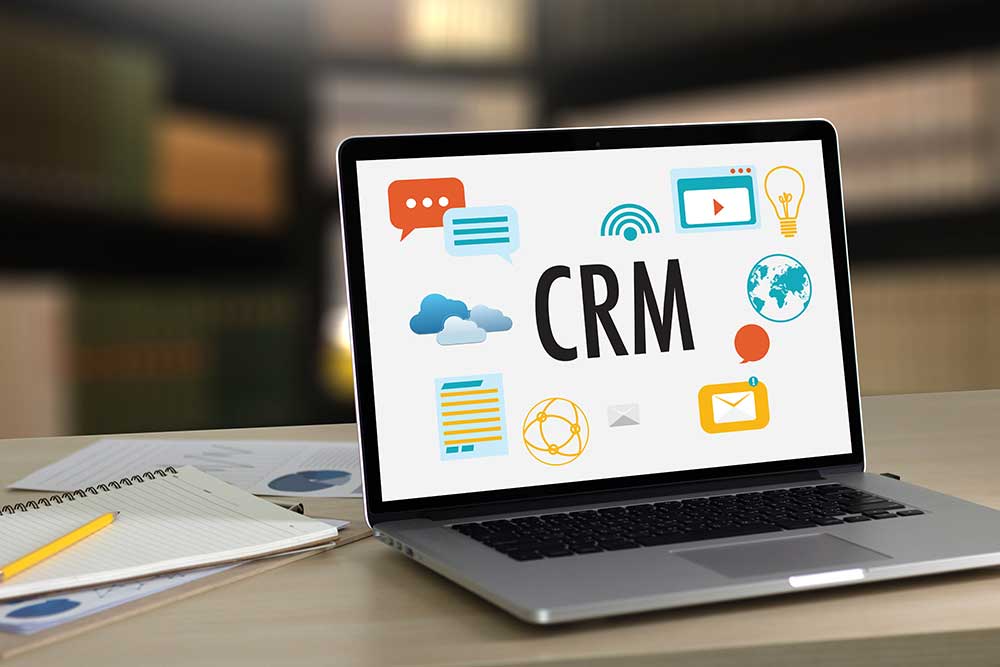We all know that using Customer Relationship Management (CRM) software can be the difference between success and failure in business, but not every business owner knows how to get the most out of their CRM. Having access to this kind of software can mean that you can track more information than ever before, run statistics on how effective your sales force is, and ensure that your customer’s needs are being met on every level – but not everyone knows how to use their CRM software effectively. If you want to master the art of CRM landscape Cairns with these 8 tips, follow our guide below!
1) Create A Holistic Strategy
Instead of trying to cover everything all at once, it’s best to create a holistic strategy that covers multiple segments and channels. Start by identifying your target customers – are the senior executives or do they have a large social media following? What kind of messaging resonates with them and what day and time are most appropriate for sending out your emails? If you can figure out who you’re targeting, you can then tailor your approach accordingly.
2) Research Your Own Personal Data
While there are no hard and fast rules for the best CRM for landscape company, you should research your own personal data for clues. For example, if you’re passionate about ancient history and like to camp, you might learn that campsites from thousands of years ago (e.g., ceremonial cairns) still exist in parts of Scotland and Ireland. But have you ever visited them? Would your friends enjoy visiting them? Do they need any additional planning or preparation before they go? Asking yourself questions like these can help kick-start your creative process—and knowing something about cairns, in general, can help guide that process along!
3) Keep It Relevant To Yourself And Your Clients
When you’re thinking about how to start a business, it can be tempting to put your whole self into it. The enthusiasm is real, but if you want clients who will be invested in your success, don’t make it all about you. Your early buyers need to get a sense of who you are and what value you’ll bring them, but by no means should that mean sharing every bit of personal information possible. In fact, potential customers tend to warm up faster when they feel like they know enough about what you do and how you do it—not everything else.
4) Use As Much Space/Area As You Need
Don’t feel limited by space requirements. If you are sending your document out to a potential client, it is best not to have any blank space as it makes for an unprofessional look. But if you are presenting a business plan for your CRM for landscaping company, you may want some extra room for notes and graphs in order to give a more detailed analysis. Make sure all of your sections are clearly labeled so that your audience will know what information they are looking at any given time. And finally, be sure to include plenty of white space between sections and information in order to allow readers to focus on one part at a time without being overwhelmed by all that they see.
5) Implement a 360-Degree Approach
The best way to understand customer pain points is to approach them from every angle. This applies to sales, customer service, and support. The 360-degree customer approach involves working with multiple teams—both internal and external—to get a complete understanding of how your customers interact with your brand across every channel. Not only will you develop a much better grasp on what’s going right and wrong in your interactions, but you can also create long-term plans for improvement by making small changes along each step of the customer journey.
6) Categorize
When a potential customer sees your business name for the first time, what do they think? Do they have any clue what it is you offer? When you see a real estate sign or are approached by someone selling insurance, what’s their pitch like? Are they using categories that fit your business model? If not, then you should consider adjusting yours. What services do you offer in addition to those mentioned on your website and social media pages? Or maybe you should take things one step further and consider expanding into an entirely new category. This ensures that when people visit your site, contact you or hear about your business through others…they know exactly what it is that makes your products/services different from others!
7) Determining The KPIs
Developing a customer relationship management (CRM) system for your business can be extremely beneficial, but it’s only as valuable as you make it. One of your main tasks as a small business owner is to figure out how you can effectively measure and track whether or not what you are doing is working. In order to do that, there are four main performance indicators (KPIs) you should focus on: Customer loyalty, growth rate, lead generation efficiency, and conversion rates. In order to truly measure if your CRM system is working well for your company, each KPI needs to be defined—and in specific terms. Also, CRM landscape 2017 gives us many opportunities.
Final Words
CRM systems are constantly evolving, but the four models at the heart of this CRM competitive landscape are poised to change in exciting ways. A new wave of vendors is entering the market with innovative platforms and creative add-on components that could revolutionize how organizations manage customer information. Cloud technology, social media, and mobile phones have disrupted the way they approach customers.

